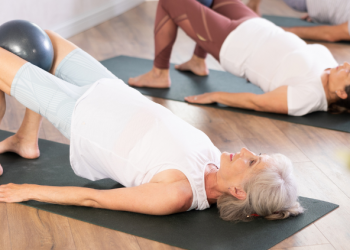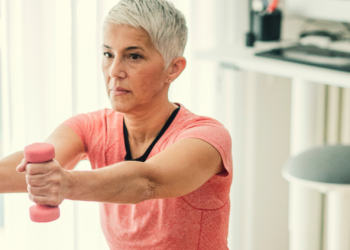More Sunlight Exposure May Improve Sleep

What is our circadian rhythm?
Our circadian rhythm is our internal clock, keeping us on track for many of our day-to-day activities. When we go to sleep and when we wake up the following morning are the most common activities that people associate with our circadian rhythm, though there are many more things that it influences (metabolism, mental and physical performance, immunity, etc.). This sleep-wake cycle can be influenced by various stimuli throughout the day, but it is most heavily influenced by changes in light exposure. Light is considered the major “zeitgeber” or stimulus that helps our body to understand when to do certain activities like sleeping and waking. This means when we are exposed to light, especially bright light like sunlight, has a big effect on our sleep-wake pattern.
Sunlight’s effect on circadian rhythm
“Many people today are working remotely or are in offices with little natural light exposure. Many of these same people may tend to struggle with sleeping at night and are unaware of how a few changes to their lifestyle may help them begin to improve their sleep. Finding lifestyle habits to prioritize early morning and daytime sun exposure can help to improve sleep later that night,” says Jamie Zeitzer, PhD, Stanford University Professor and member of the Stanford Lifestyle Medicine sleep team.
Even going outside for 30 minutes can help. In the morning, sunlight helps to tell your circadian clock what time it is. In the afternoon, sunlight helps to make the clock stronger. At any time of day, getting sunlight means that the artificial light to which you are exposed at night will have less of an impact. Whether it is taking the dog out for a morning walk or finding time to bask in the sun over lunch, spending a little more time outdoors during the day can help regulate our internal clock and is the first step in a healthier relationship with sleep. It’s a win-win!
Sources:
- Hoffmann et al. “Aerobic Physical Activity to Improve Memory and Executive Function in Sedentary Adults without Cognitive Impairment: A Systematic Review and Meta-analysis“. Journal of Preventative Medicine Reports. Sep. 2021.





















